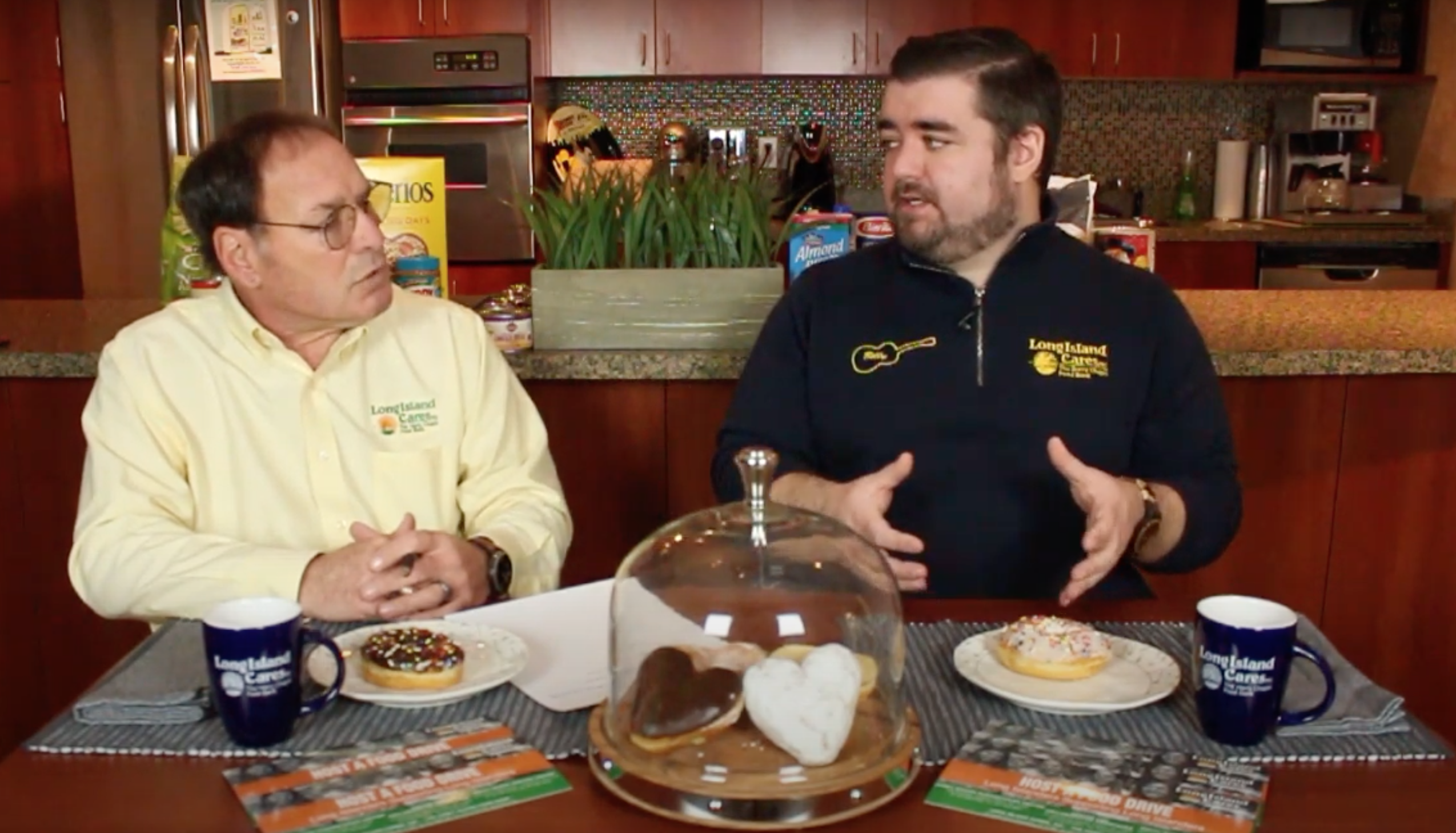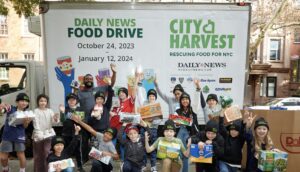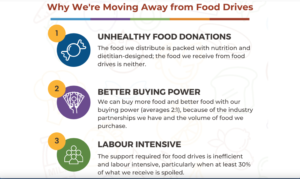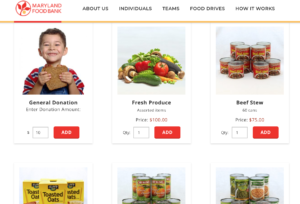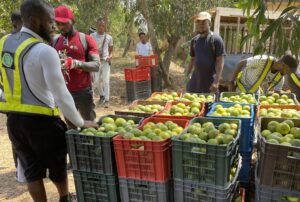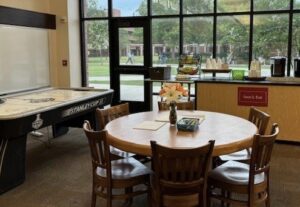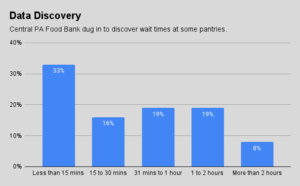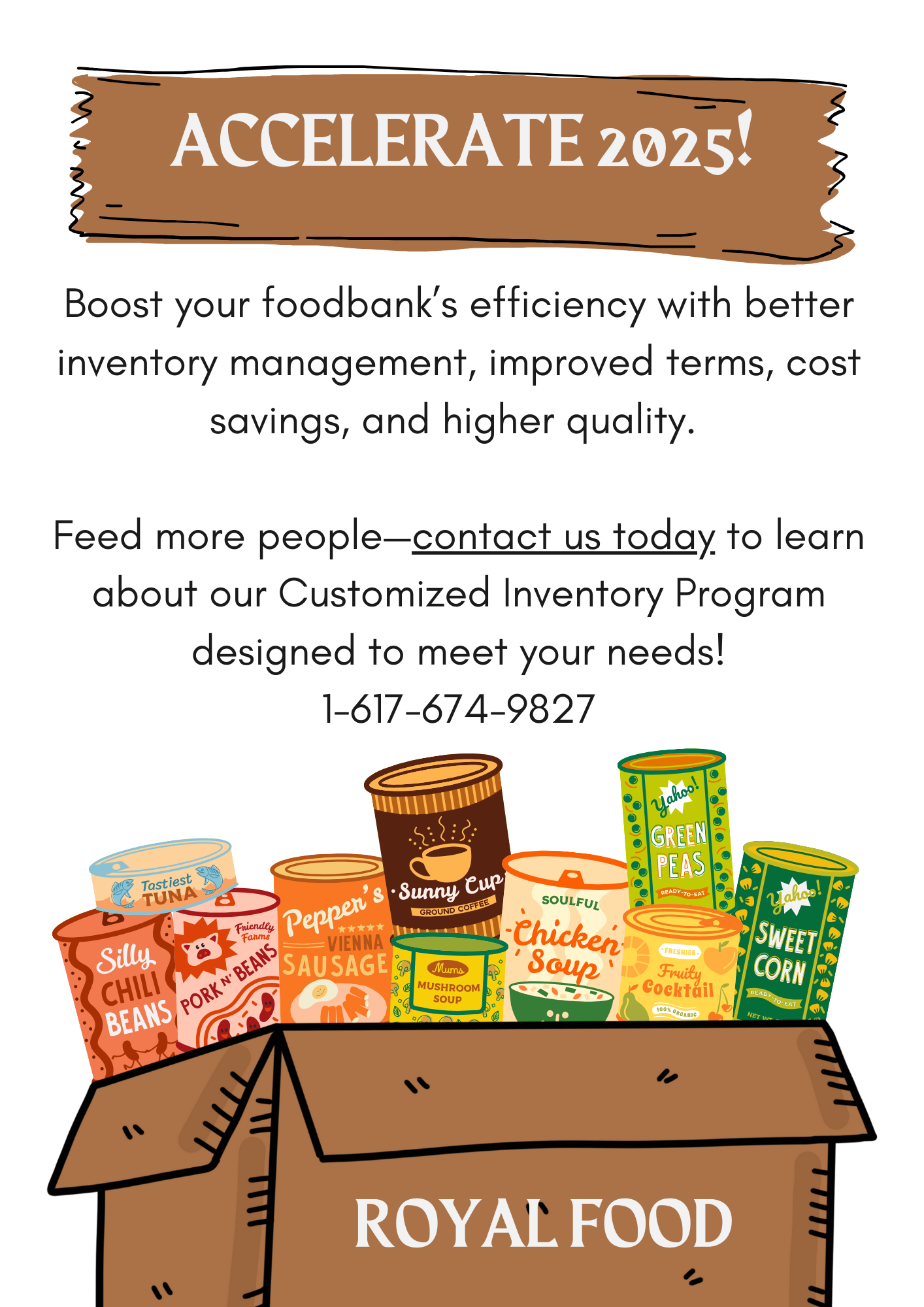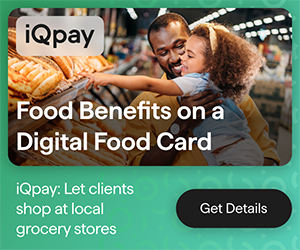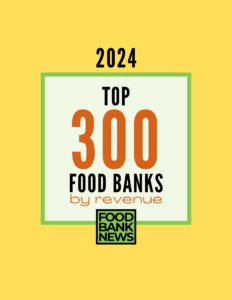There may be no better case study demonstrating the power of virtual food drives than what happened at Long Island Cares.
When Covid-19 first hit, the Hauppauge, N.Y.-based food bank cancelled all of its spring food drives and quickly pivoted to its existing partnership with YouGiveGoods, a N.J.-based provider of software that streamlines online charitable giving.
Working through email and social media, Long Island Cares asked the community to fight the impact of Covid-19 by donating food from the safety of their homes via the virtual platform. The effort soon went viral. By the end of April, the event had toppled the record for the most pounds of food donated in a single event through YouGiveGoods’ platform. By mid-July, it had spiraled to reach 100,000 pounds of food from donors in 27 states across the country and internationally.
“It blew my mind because this is a global thing,” said Billy Gonyou, Community Event and Food Drive Manager at Long Island Cares. “So for someone to reach out from Texas to donate to Long Island, while they’re also dealing with Covid, really meant something. This shows the power of virtual volunteering.”
Through YouGiveGoods, a person anywhere in the world can start their own virtual food drive and have their donations sent to a nonprofit. Donors can choose exactly which items they’d like to donate, and YouGiveGoods handles all the logistics. The platform comes at no cost for the nonprofit.
YouGiveGoods is among a growing set of companies — also including #GiveHealthy, Fenly and Techbridge — that are gaining in popularity as mighty substitutes for traditional drives that have been cancelled because of the need for social distancing. Virtual food drives also offer the benefits of allowing food banks to steer donors toward the healthiest food options and greatly streamline the logistics of food drives.
Long Island Cares’ Covid-19 Relief Giving Event started when the New York State United Teachers stepped in to begin a virtual drive as a way to provide meals for students who could no longer access free or reduced meals. The effort of the teachers alone helped raise more than 24,000 pounds of food.
“By the middle of this year, we had already outdone our donor numbers from all of 2019,” Gonyou said. In April 2020, 1,928 donors gave through YouGiveGoods, up from 234 in April 2019, a 724% increase. So far in 2020, more than 25% of all of Long Island Cares’ donated food has come in through virtual drives, Gonyou said.
Founded in 2011, YouGiveGoods has “streamlined and perfected the system so at the time it was needed most, we were ready to go and handle the explosive volume we have right now,” said Lisa Tomasi, the President and CEO of YouGiveGoods. “It’s the perfect vehicle during these Covid times, and we’re just doing what we’ve always done.”
Tomasi helped start the company after being the recipient of aid from charitable food organizations following the 1989 earthquake in San Francisco. “We wanted to find the best way to get the most people involved in giving,” she said.
Since the pandemic, YouGiveGoods has tried to be more economically sensitive by not sending items in single packages. Otherwise, little has changed about the platform since the pandemic began.
“In the beginning, people were afraid that virtual giving lacked a personal touch,” Tomasi said. “We were at the forefront of saying that technology can be very personal. We can see it on Zoom calls. Technology doesn’t take away from personal interactions. In fact, it magnifies it.”
At Long Island Cares, the technology has proven that virtual food drives are here to stay post-pandemic. “The virtual platform has been so successful there is no reason we shouldn’t continue it,” Gonyou said. — Odeya Rosenband
Odeya Rosenband is a freelance writer and essayist at Cornell University studying government and creative writing. She is a columnist and staff writer at The Cornell Daily Sun.
CAPTION ABOVE: Paule T. Pachter, CEO of Long Island Cares, and Billy Gonyou, Community Events and Food Drive Manager, discuss virtual food drives in a YouTube video from 2019.
Like what you’re reading?
Support Food Bank News